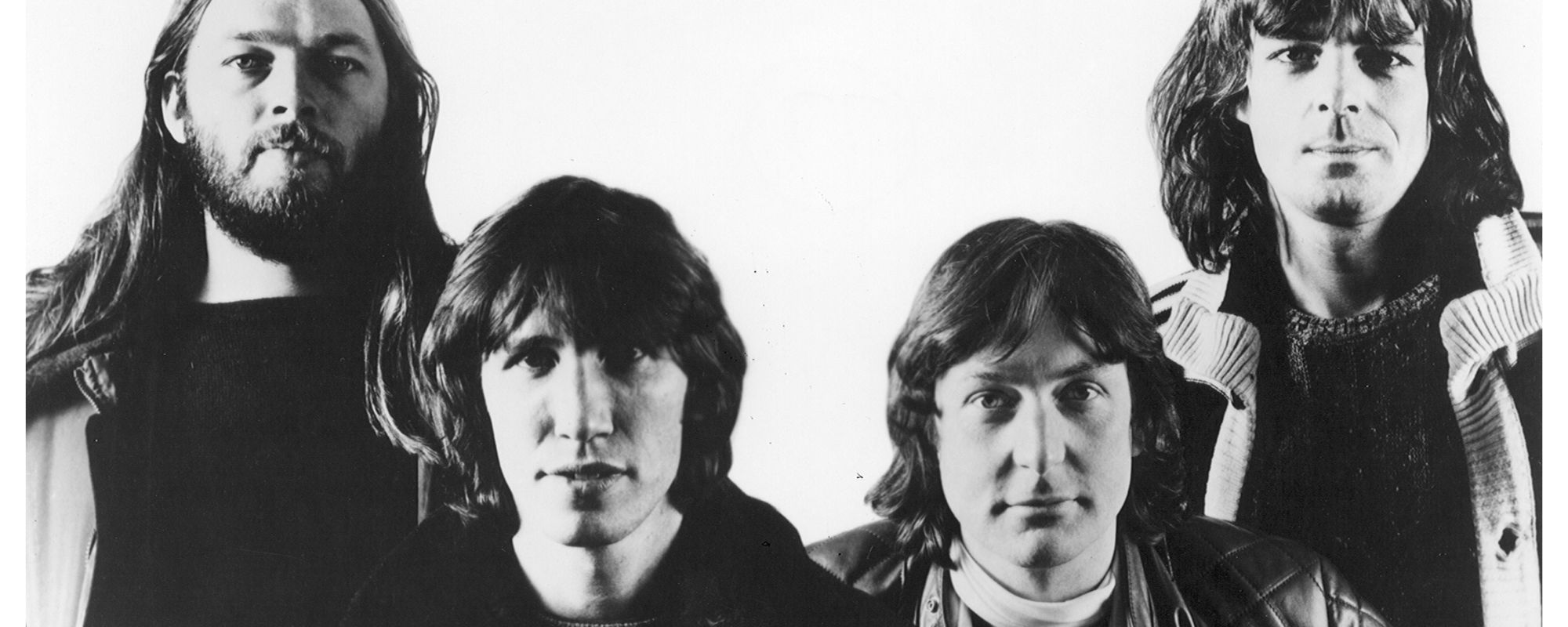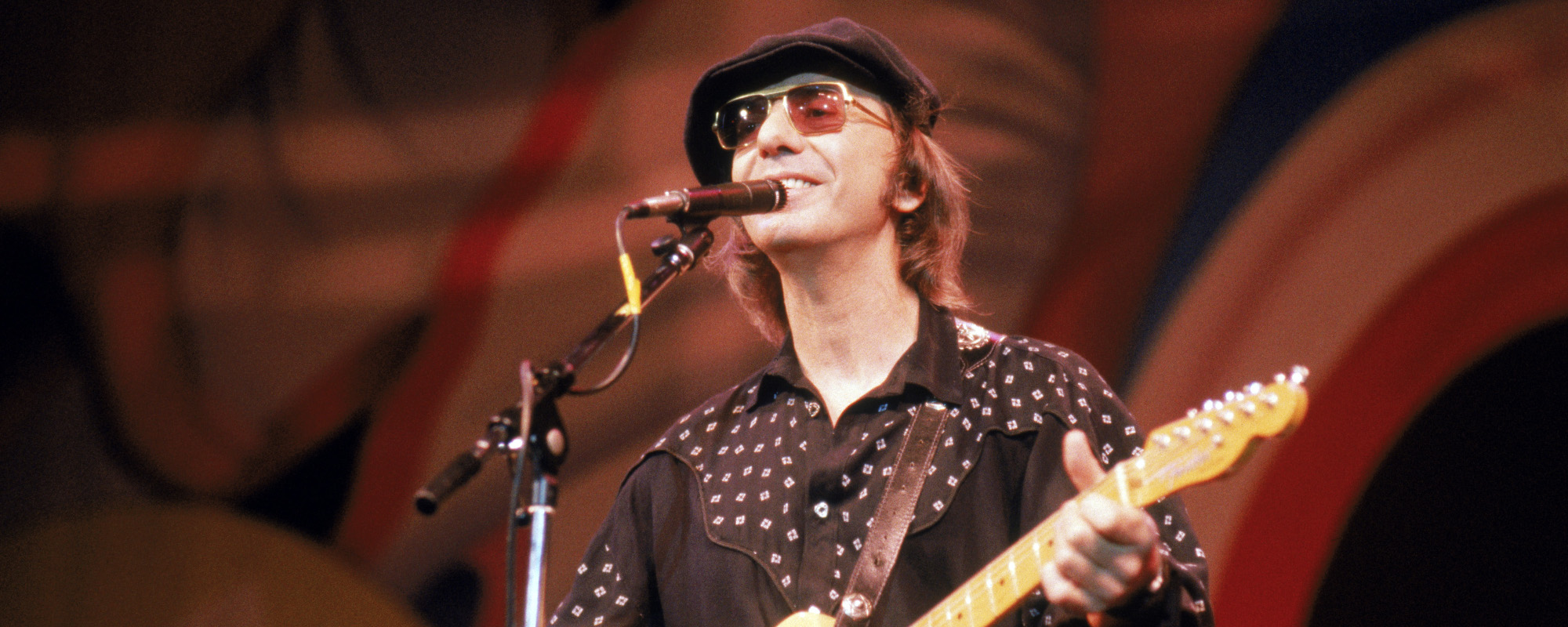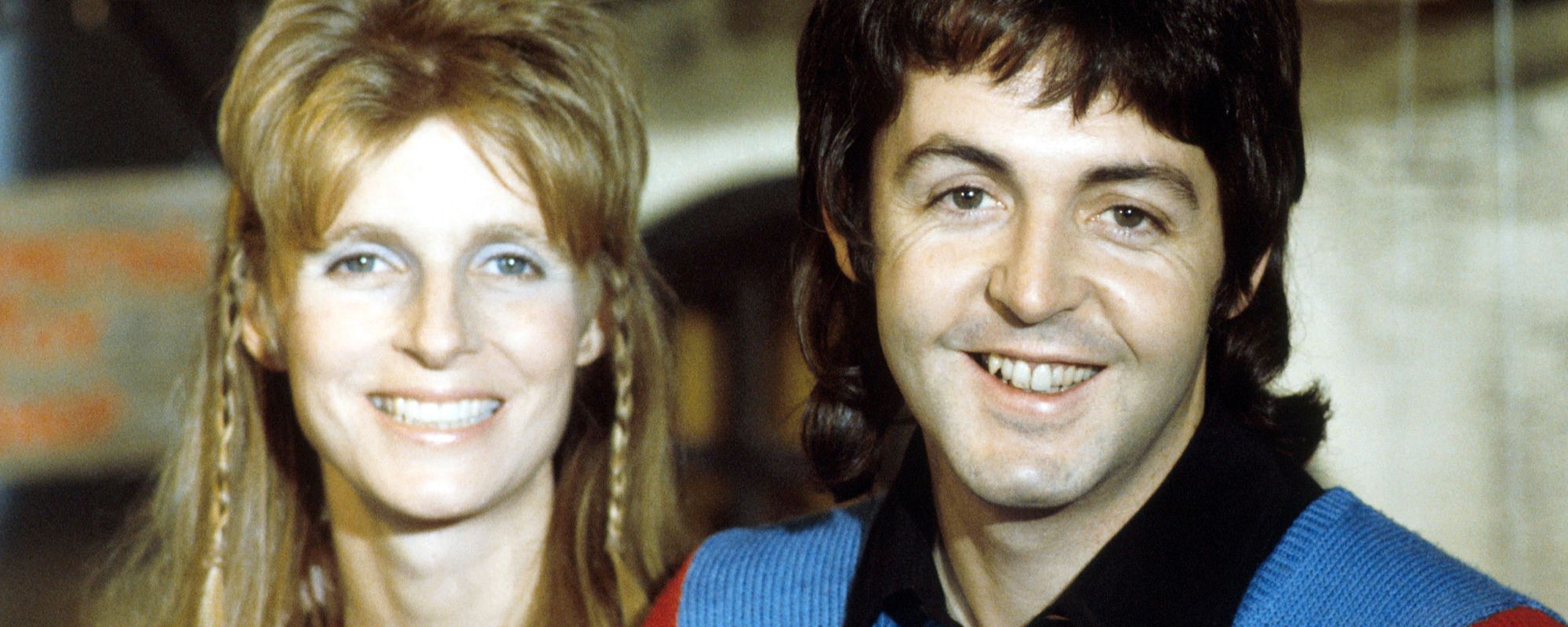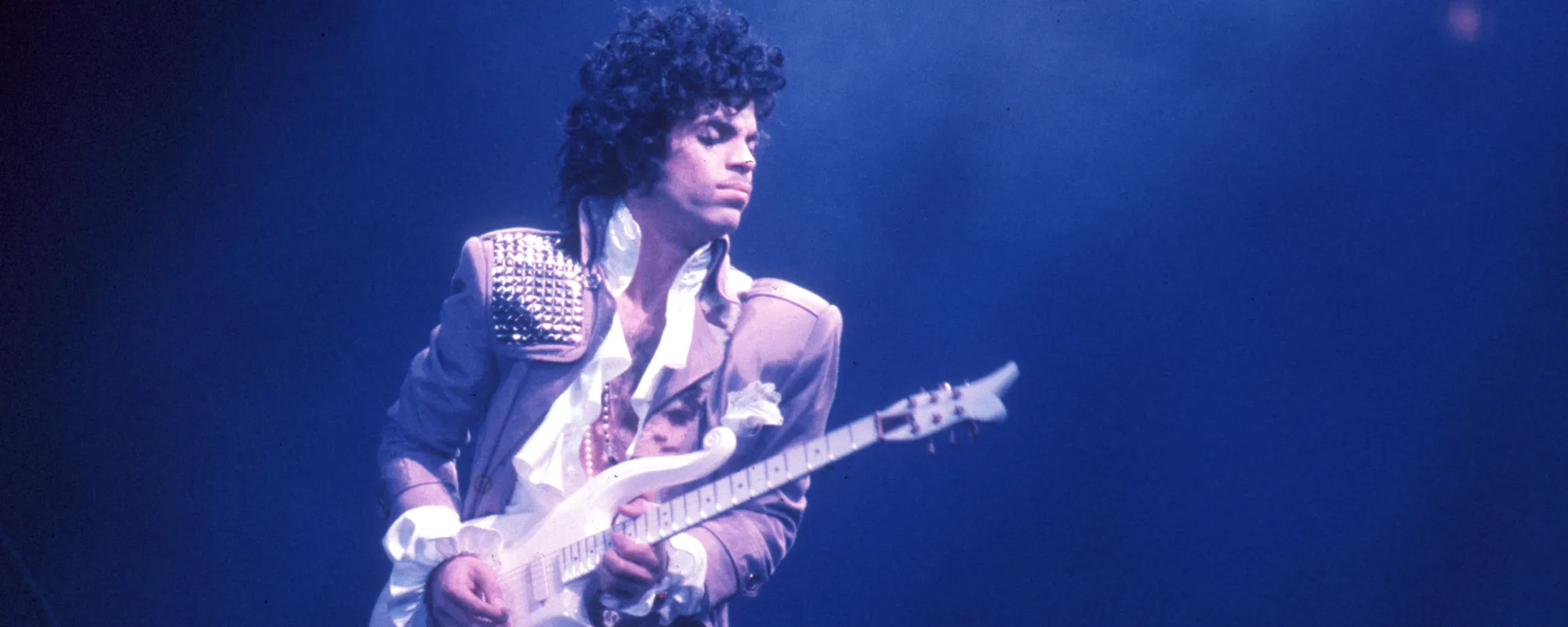Movies have often changed the perception of songs. An unarguably upbeat song can turn sinister if put to the right images. While George Harrison‘s “Beware of Darkness” isn’t “unarguably upbeat,” it wouldn’t likely send a chill up your spine. But, thanks to the Zach Cregger horror film Weapons, this Harrison solo effort has been given a chilling spin.
Videos by American Songwriter
“Beware of Darkness” helps to set the opening scene of the 2025 film Weapons. In this scene (which can be seen in part in the trailer), a group of children runs into the night with this Harrison track in the background. What is already a haunting thought is made all the more so with this relatively innocuous track.
As more people get acquainted with Harrison’s “Beware of Darkness” from the already-successful film, we thought it apt to dig deeper into its meaning.
Behind the Meaning of George Harrison’s “Beware of Darkness,” Featured in ‘Weapons’
Despite the film’s use of Harrison’s “Beware of Darkness,” this song isn’t meant to have a creepy vibe. Instead, it’s a warning issued by the former Beatle’s fellow Hare Krishna. Their warning, summarized, is that many obstacles will come into your life and throw you off your course. Don’t let them distract you, Harrison says in this track.
Watch out now / Take care / beware of the thoughts that linger / Winding up inside your head / The hopelessness around you / In the dead of night / Beware of sadness, the lyrics read.
“‘Beware of Darkness’ was written at home in England during a period when I had some of my friends from the Radha Krishna Temple staying: ‘Watch out for Maya’ [The power of the gods and demons to create illusions, according to the Hare Krishna],” Harrison once wrote.
Decades later, Cregger adopted this song to unsettle his viewers. Though Harrison may not have intended to unsettle his listeners, we can see how the filmmaker saw haunting potential in this track. Revisit “Beware of Darkness” below.
Harrson Taps Famous Friends
While the song is significant in Harrison’s solo catalog because it highlights his faith, it’s also important because of its personnel. Harrison tapped many famous friends to help bring this song to life.
Eric Clapton took on lead guitar duties while Gary Wright played the organ. Harrison also made this recording session a pseudo-Beatles reunion by tapping Ringo Starr to play drums. Because of the star power on this song, it has proven to be one of the most impressive moments of Harrison’s solo career.
(Photo by Dave Hogan/Getty Images)









Leave a Reply
Only members can comment. Become a member. Already a member? Log in.